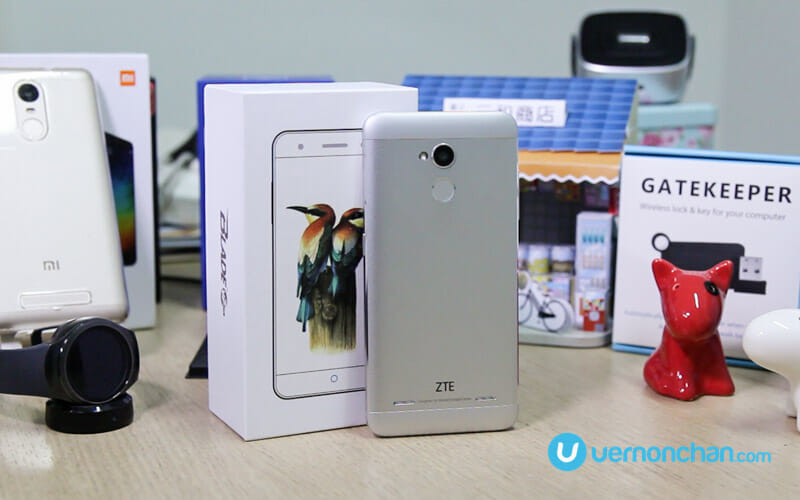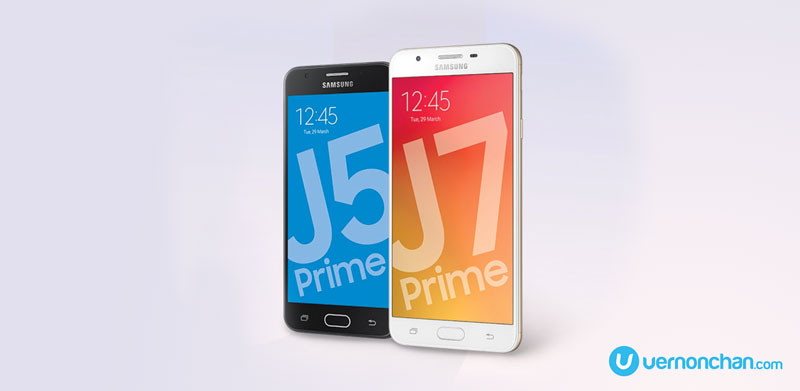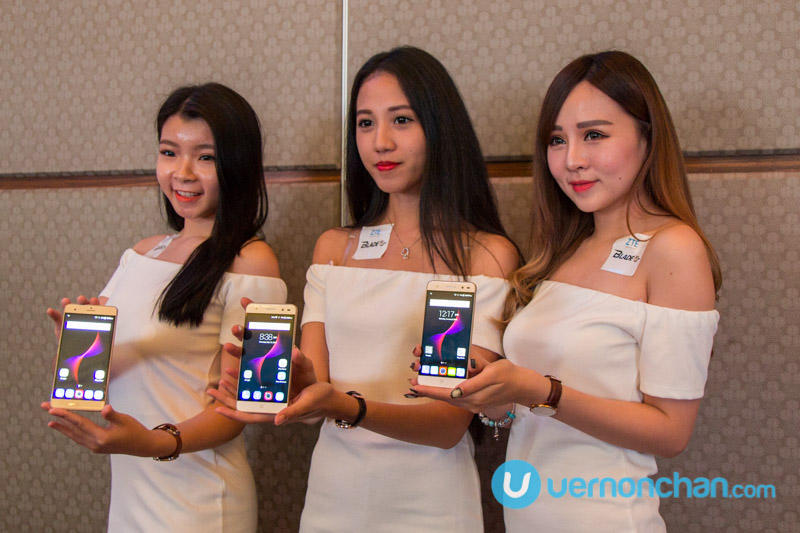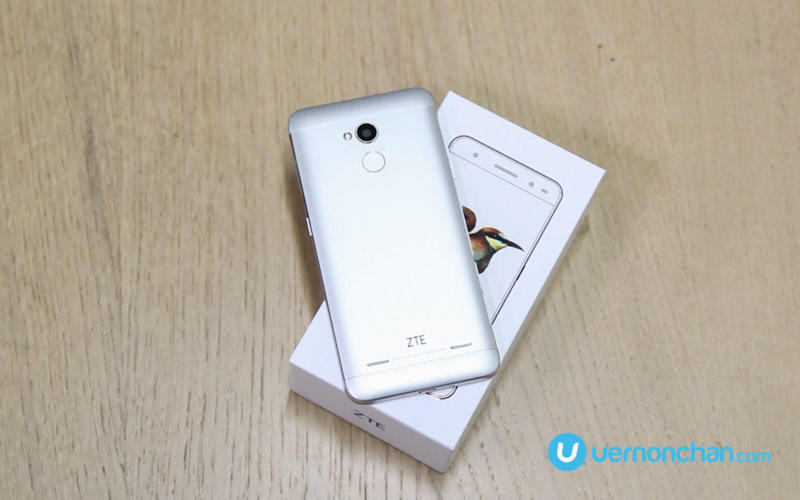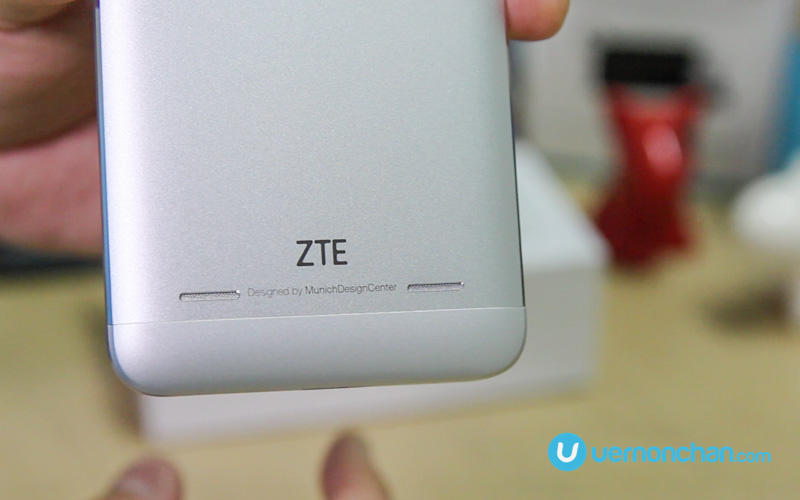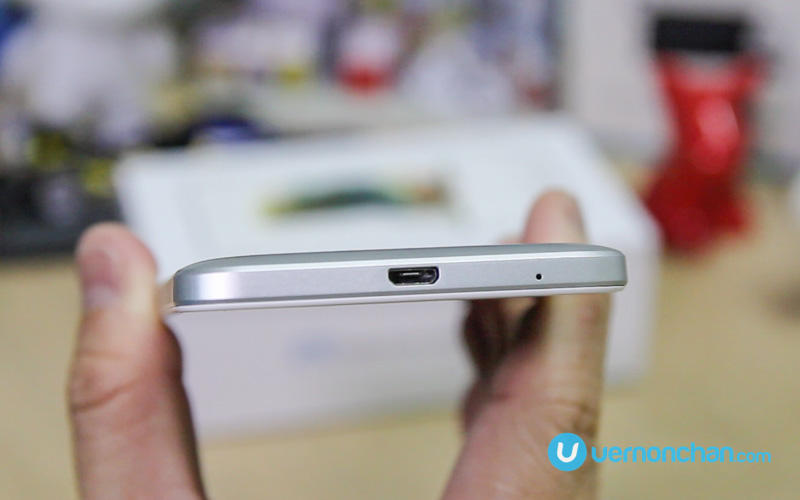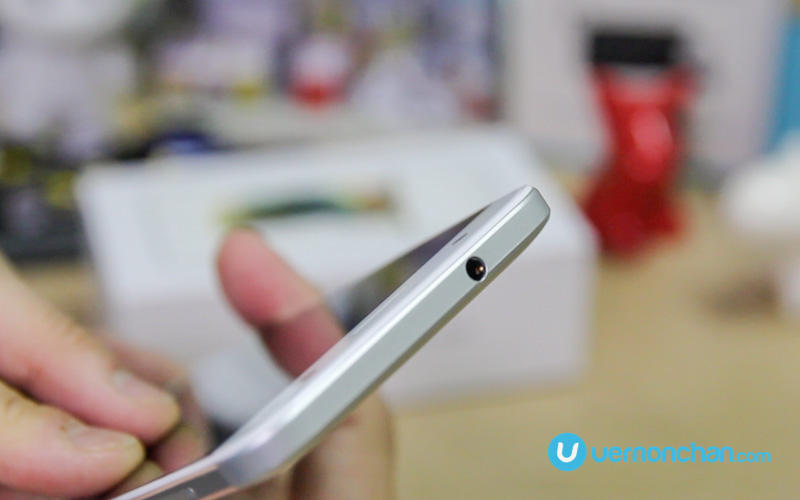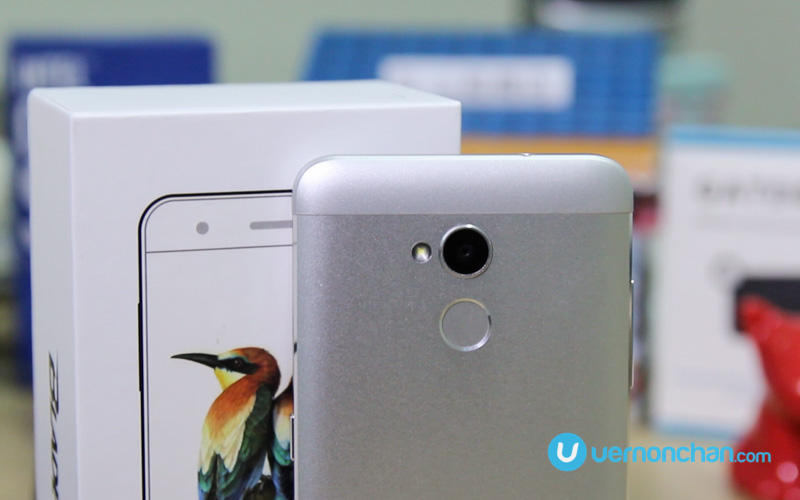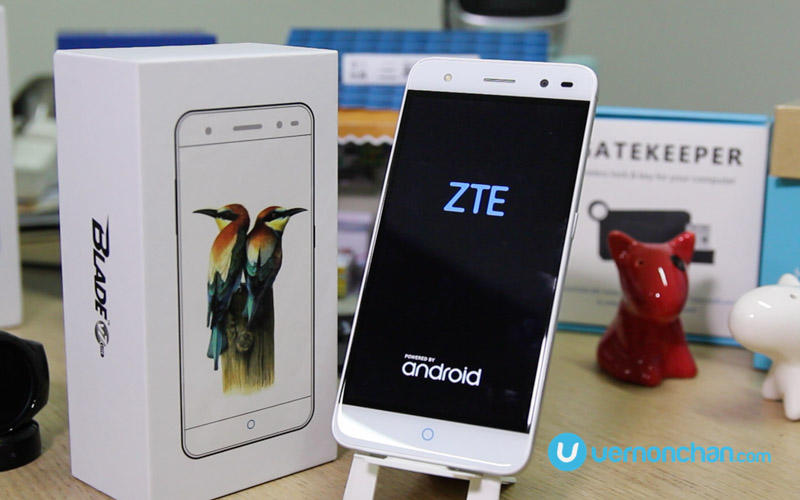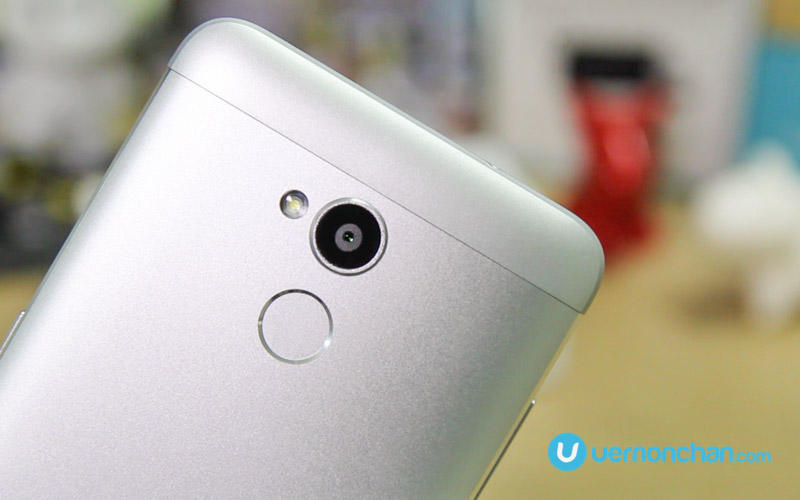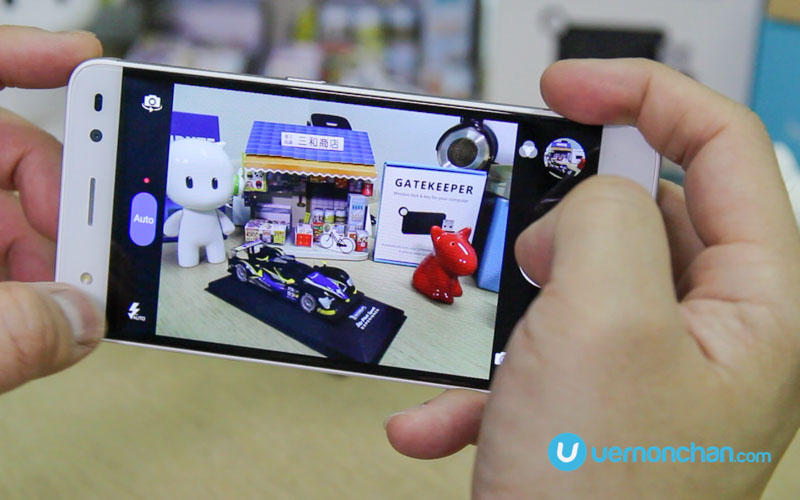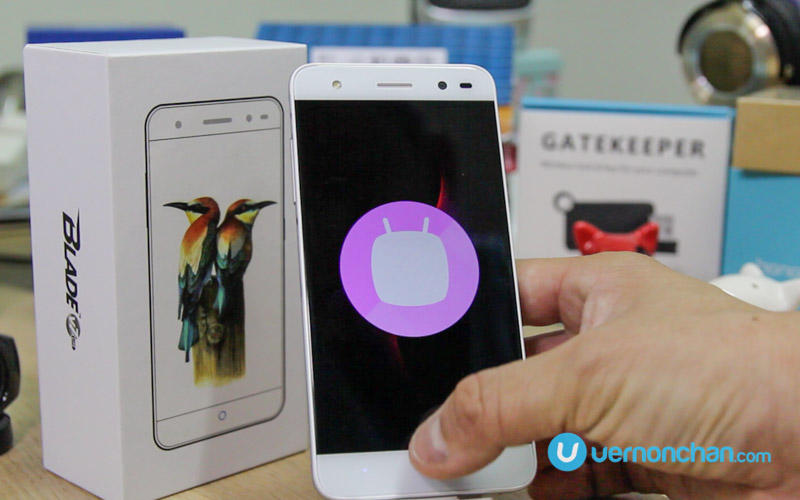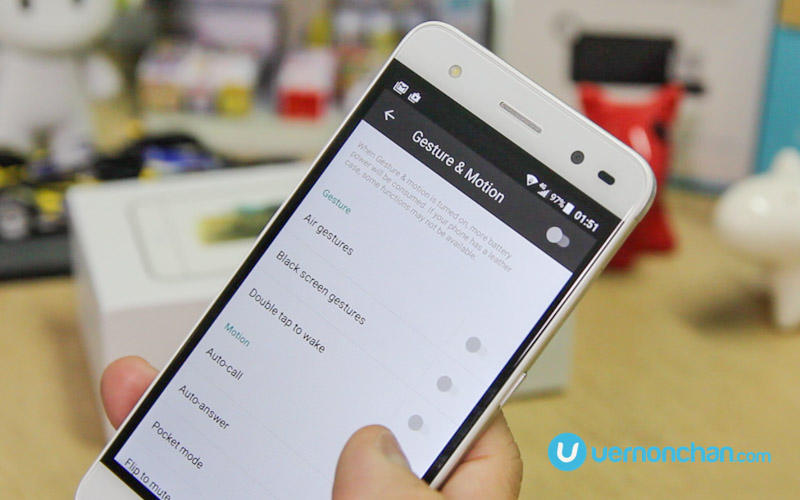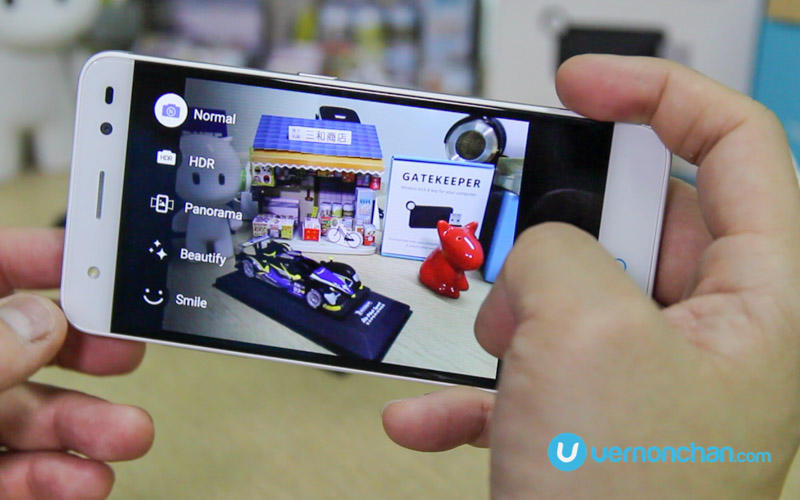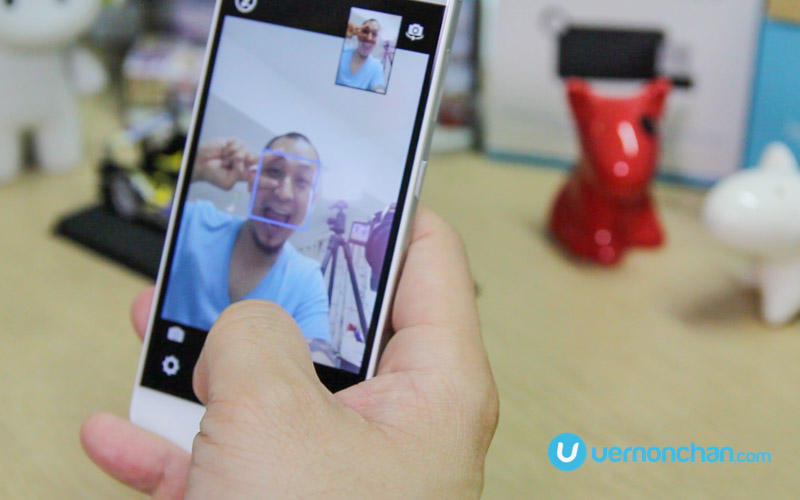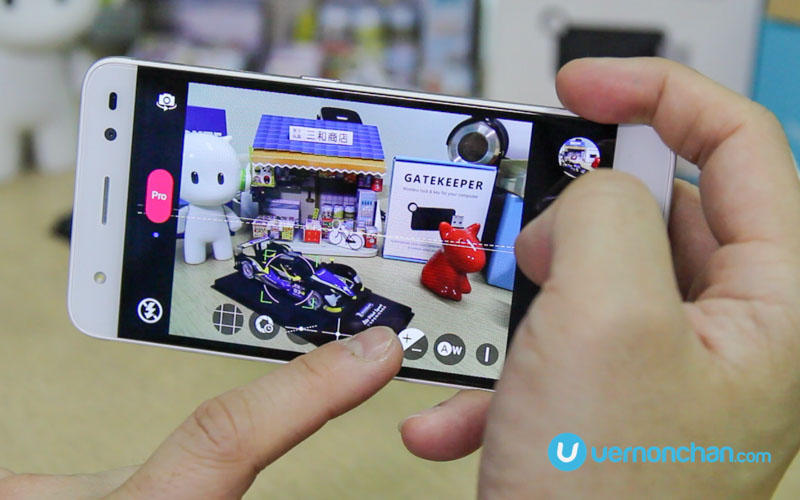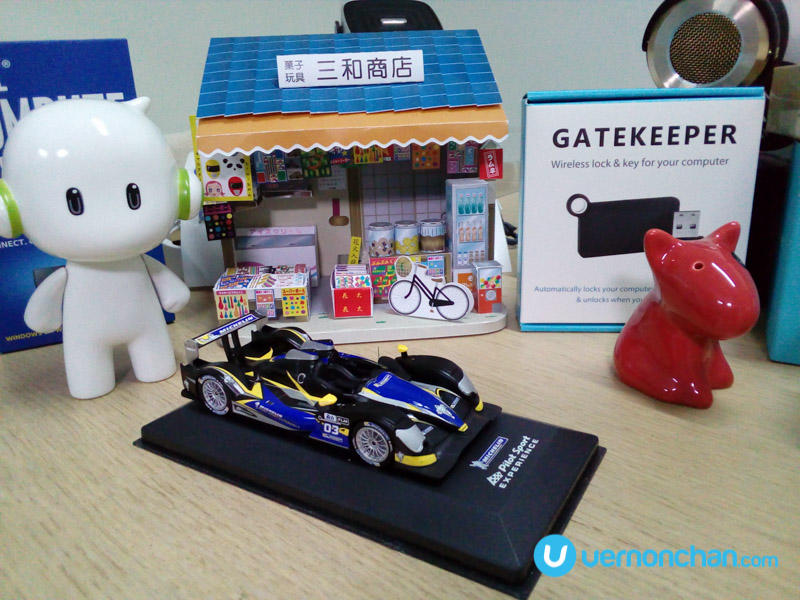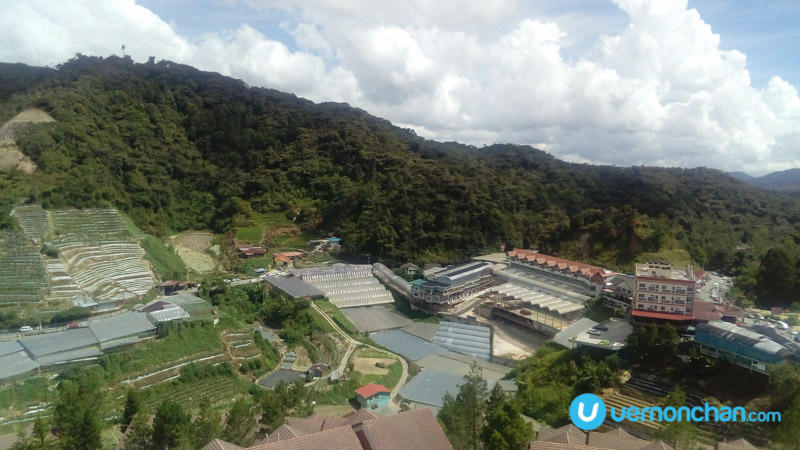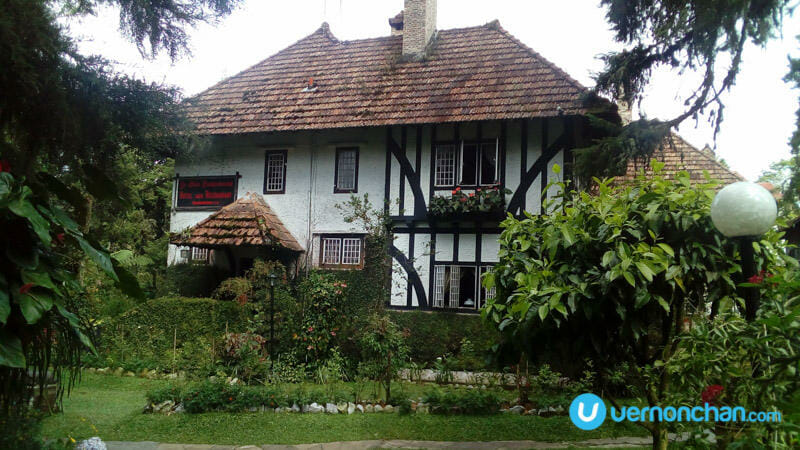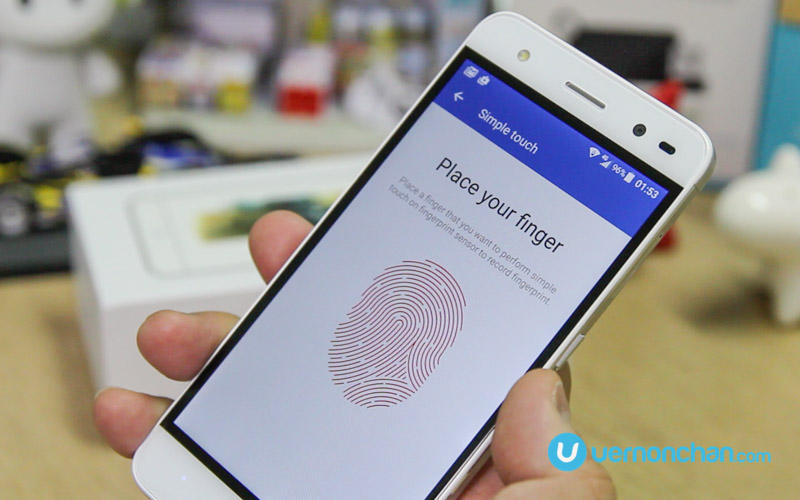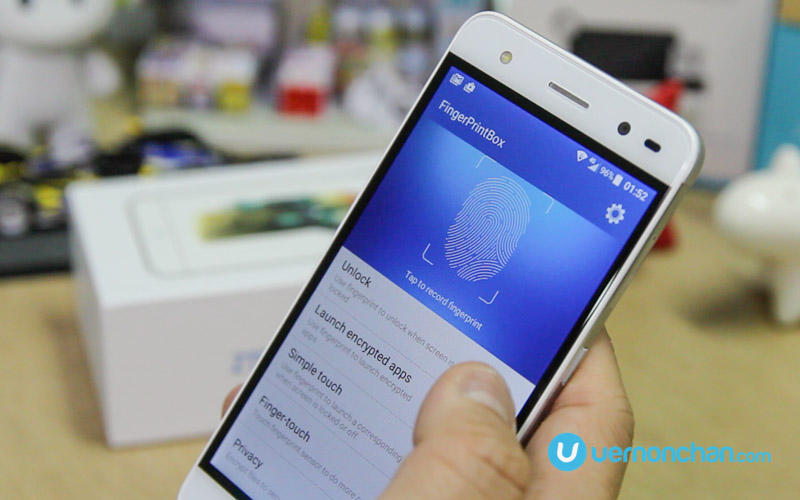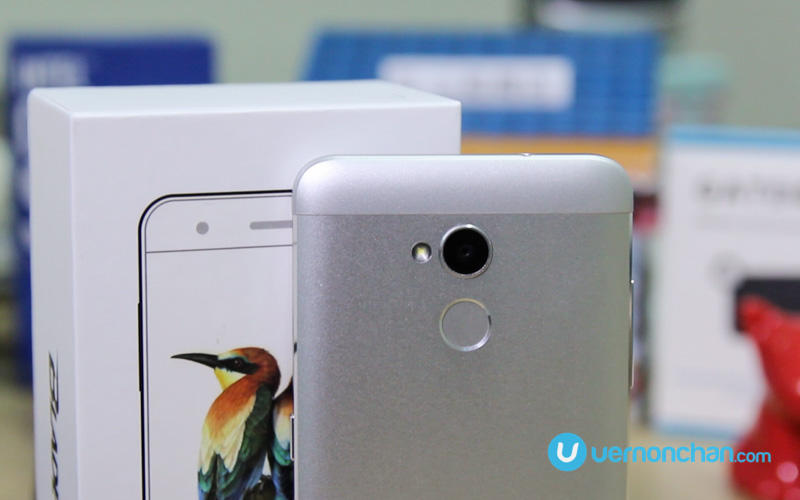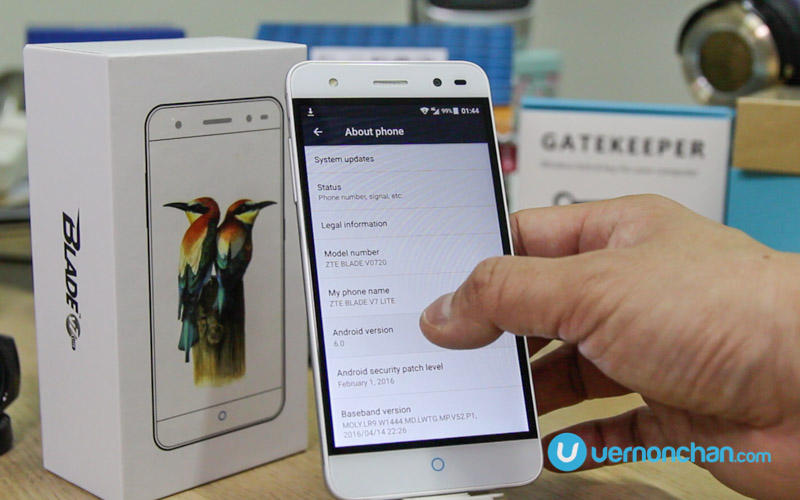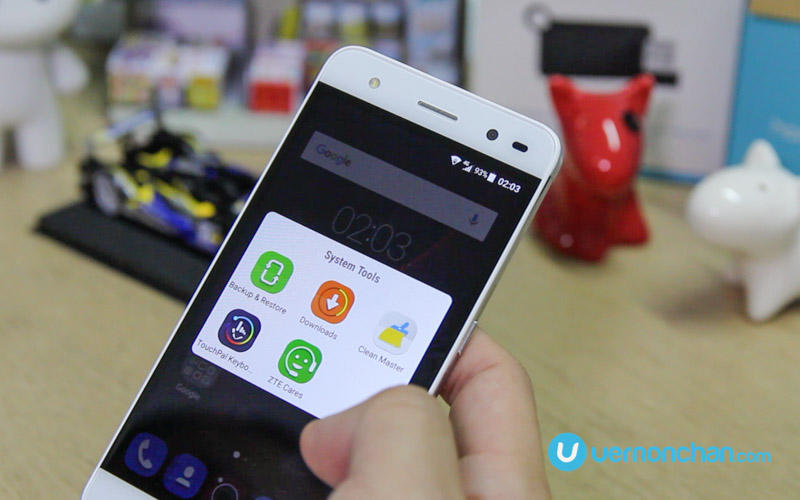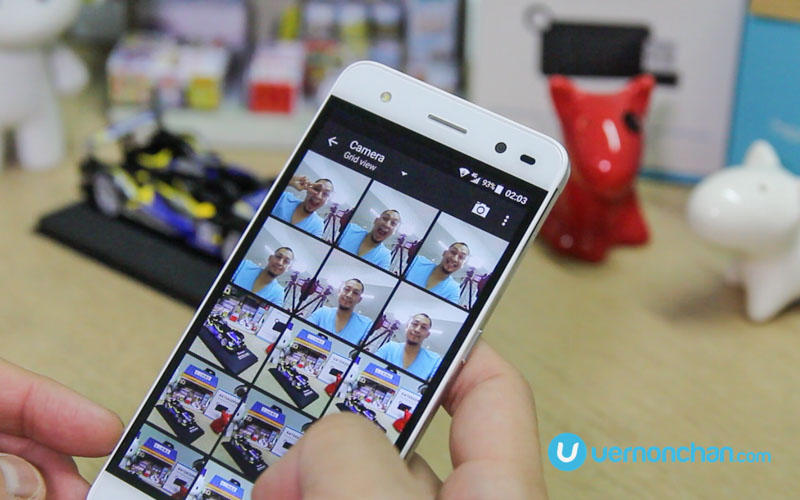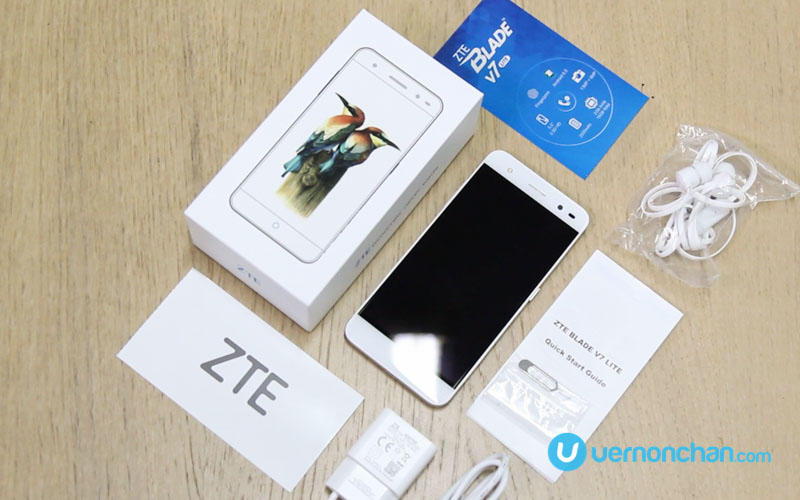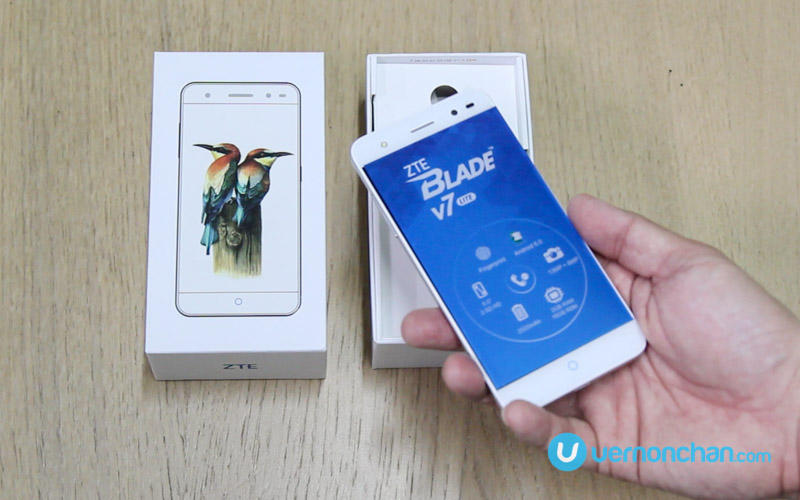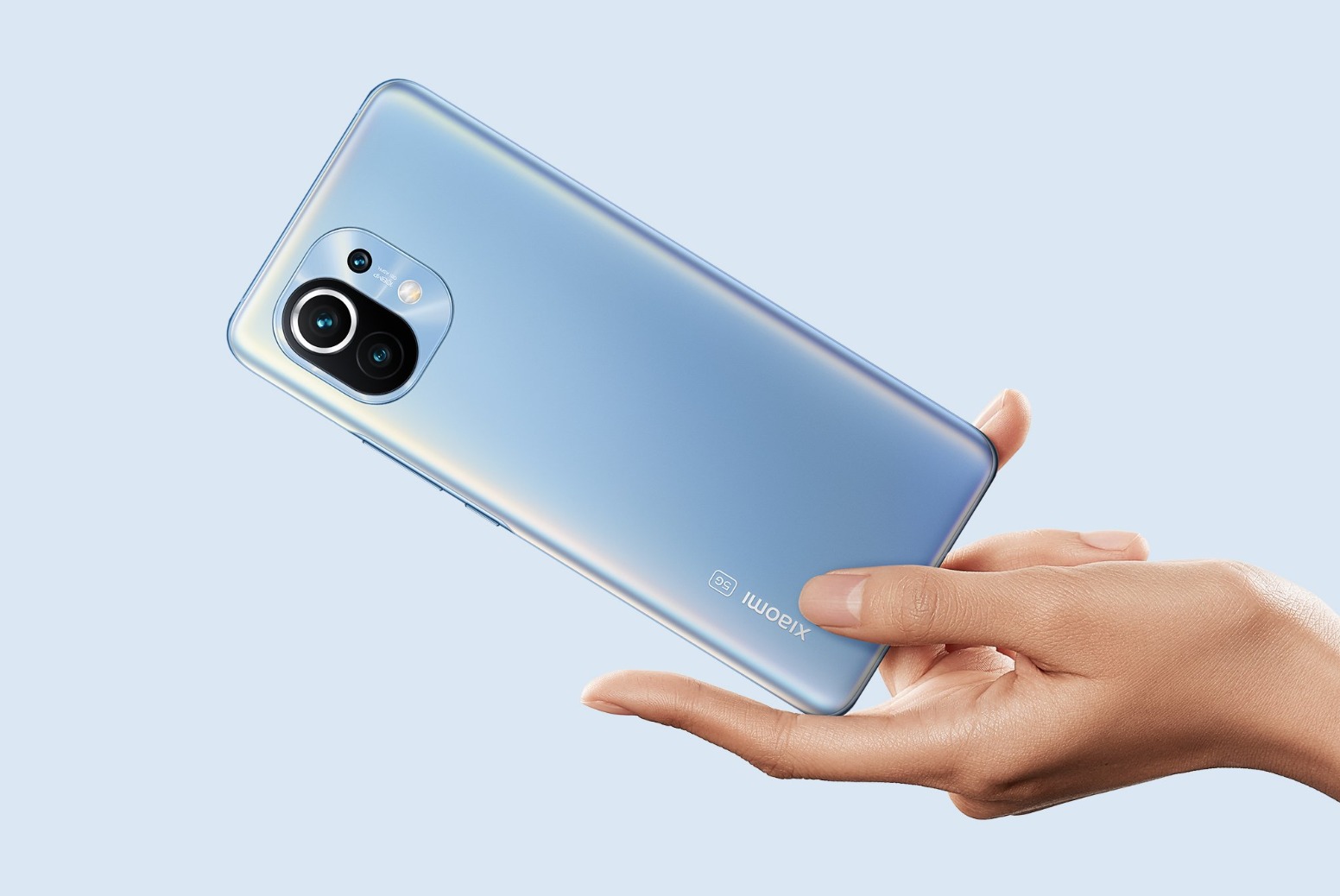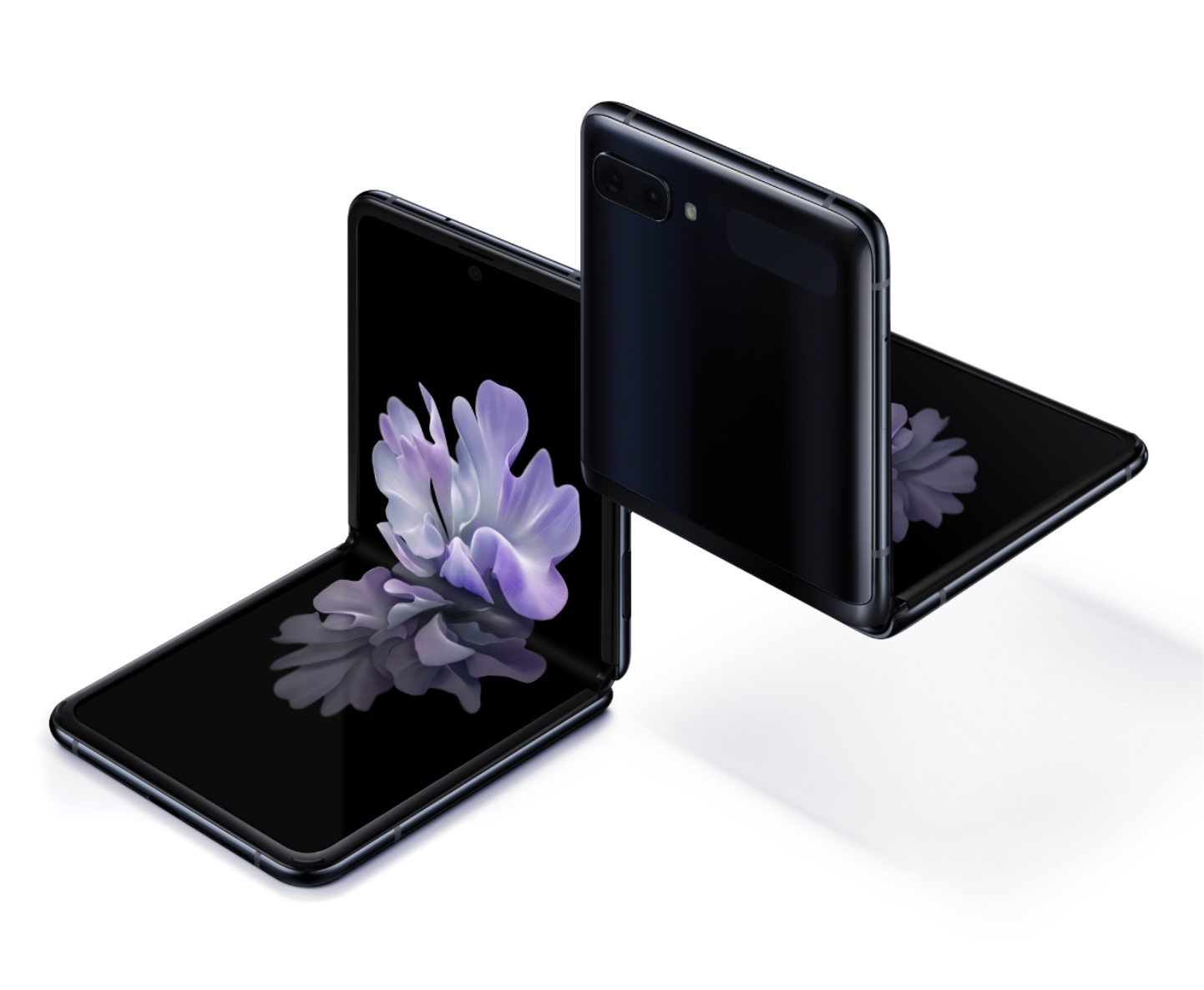You don’t have to look too far. The Galaxy A series, OPPO F1, Xiaomi Redmi Note 3, vivo V3Max, and so many more mid-range phones have ditched plastic forever. Well, the good news is: it doesn’t stop there. Phones like the Redmi Note 3 prove that metal doesn’t have to be out of reach of the masses.
The thing is, we’re now seeing more phones under MYR1,000 dressed in metal.
The great news is that there’s a familiar brand that wants everyone to own a metal phone. And they do mean everyone. That means metal for cheap. OK, to put it in a nicer way – ‘aspirational.’
ZTE isn’t a stranger to Malaysia, or the smartphone scene. After the introduction of its flagship ZTE Axon Elite went silent; only to reappear recently with a dynamic duo – the Blade V7 Max and Blade V7 Lite.
No surprises, both come clad in metal and cost under MYR1,000. I’ve been using the Blade V7 Lite for a couple of weeks, thanks to a loan unit from ZTE Malaysia.
So, at just MYR669 we know it’s cheap. We know it’s all metal. We know it’s packed with features. But is it good? Let’s find out.
[nextpage title=”Design and build”]
How much is this again?
With the Blade V7 Lite, I almost always forget how much this baby costs. The fact is, it’s impressively built. It features an all-metal aluminum alloy design and build, nicely thin at just 7.9mm, and weighs a featherweight 135g. ZTE says it’s designed in Munich, Germany and I wouldn’t argue with you if you said this was good-looking. Because, well, it is.
At the top is a 3.5mm headphone jack, while down at the bottom, micro-USB charge port is standard feature.
Over on the left side of the device is the + and – volume buttons, that feel tactile and solid; and on the opposite side a power button that’s placed perfectly for your thumb.
What’s impressive is that on the back, there’s a multi-function fingerprint sensor below the camera module. ZTE is proud of this – it’s plenty quick, it unlocks the phone in just 0.3s. The great thing about it is that it’s no one trick pony, because it lets you assign your fingers to launch different apps, and secure your apps and private contents.
Impressively, it also has backlit capacitive buttons on the front, something some pricier mid-range phones don’t even have. Again, let’s not forget how much this thing costs.
Hardware
The Blade V7 Lite packs a 5-inch HD IPS display with curved edge 2.5D glass. It’s sharp, crisp with vibrant colour. Not Super AMOLED or Retina Display level, but good enough.
Under the hood, the venerable quad-core 1.3GHz MediaTek MTK6735P processor is mated to 2GB of RAM and 16GB of onboard storage.
It’s a dual-SIM, dual-standby 4G LTE device, with support for microSD via a hybrid SIM. So you’ll have an option to utilize two SIMs, or sacrifice SIM 2 for microSD expansion.
Keeping the device juiced is a large 2,500mAh battery, enough to keep it running a full day.
In the camera department, the Blade V7 Lite impresses with a 13MP main snapper with LED flash. Meanwhile, on the front it gets an equally impressive 8MP selfie shooter. Selfie-lovers will love this front camera, not only because of it’s high resolution and has wide-angle lens, but also because it has a front-facing LED flash. Never have a badly-lit selfie, ever again.
As far as a modern smartphone goes, even a budget one, the Blade V7 Lite ticks all the checkboxes. That includes Wi-Fi 802.11 b/g/n, Bluetooth 4.0, A-GPS/GPS and FM Radio.
[nextpage title=”Software & camera”]
Software
Moving on to software, the Blade V7 Lite continues to pack outstanding value – running Android 6.0 Marshmallow with ZTE’s own UI called MiFlavor on top.
Talking about UI, ZTE’s flavour of Android is colourful and flat, nothing too overwhelmingly different from other UI layers.
ZTE throws the whole shebang in terms of smart features and gestures. It borrows OPPO’s off-screen gesture controls – trace a ‘C’ and up comes the camera app, or draw an ‘M’ and the music app fires up.
That’s not all.
The Blade V7 Lite also has something called Air Gestures – the phone responds to arm gestures. You can literally trace the letter ‘M’ with your arm (with the Blade V7 Lite in hand of course), and music will start playing. More about this later.
Camera
I think the camera is where the Blade V7 Lite does considerably well. Hardware-wise the 13MP main shooter is pretty good, with better than average autofocus speed and shutter.
The camera software is basic to say the least, but does include the prerequisite HDR and Panorama modes, as well as a Pro mode too.
I found it adequately snappy, especially with good ambient light. Colours tend to be on the washy side, though.
What I did like was the selfie camera. It’s quick and exposes images rather well. The selfie flash definitely helps when there’s a backlight, or when you’re in a low-lit environment.
It isn’t all about stills, of course. The 13MP rear snapper can do Full HD at 30fps.
Gallery of sample shots
Selfies
[nextpage title=”Performance & verdict”]
Performance
First of all, I’m going to say that I like how the Blade V7 Lite looks. I find that it fits great in the hands, and it’s the perfect size for one-handed use. I’m pretty impressed by the build too, with tight tolerances that would shame even flagships like the LG G5.
A fingerprint sensor on the back means it’s perfectly placed for a quick unlock. Quick draw from your pocket with index finger on the sensor, and it’s instantly ready for action.
I like that there’s backlit capacitive buttons at the bottom of the screen, a big plus at this price point.
On the UI side of things, it’s a hit-and-miss. From the offset, it looks good, if iOS is your thing. As I mentioned earlier, there are several annoyances that over-complex otherwise menial things like accessing Settings. I thought this could have been thought out better, or simply just stick to stock.
It’s great that it runs Android M out-of-the-box though, you’re at least using the latest that Android has to offer.
There’s no App Drawer, if you were wondering, but it’s becoming less and less of an issue nowadays as phone makers embrace this direction. If you’re really bothered, a third party launcher will easily put that smile back on your face.
ZTE took a no holds barred approach to packing anything and everything into the device feature-wise. That almost always means features you don’t need. Don’t get me wrong, some of the smart gestures are great. Case in point, off-screen gestures. Fast-launch of the camera app by tracing the letter ‘C’ sounds great on paper. But in real world execution, it’s a little slow to trace, and slow to launch.
Much quicker by unlocking with your finger, and manually firing up the Camera app.
ZTE thought it was also a great idea to introduce even more gestures – Air Gestures. When I saw this demonstrated at the launch, I was a little flabbergasted. Perhaps even shocked. What happened to using your smartphone with your fingers? You now need to burn 150 calories to play music on your phone?
If I were to rate performance on a scale of one to 10, I’d likely say a six. The UI needs a little more optimization, as I’ve seen much more fluidity on other similar-specced phones. Perhaps ZTE has tried to do too much in terms of features. Multi-tasking is not shabby, and app launch speed isn’t bad either. My grievances lie in overall screen redraws and frame rate. Let’s hope ZTE refines the UI and speed things up with a firmware update in the future.
Battery life was expectedly good, thanks to the large 2,500mAh. I averaged 4-5 hours of screen-on time, with the device surviving a full day’s worth of use.
What I like
- Great metal build
- Fingerprint sensor is a huge plus
- Good cameras
- Front selfie flash
- Good battery life
- Fantastic price and outstanding value
- Backlit capacitive buttons
What could be better
- Better optimization of UI
- Air Gestures are gimmicky, unnecessary
- Response could be improved
In the box
- Blade V7 Lite unit
- Charger
- Micro-USB cable
- Quick Start Guide
- Warranty
- In-ear headphones
Pricing and availability
The ZTE Blade V7 Lite retails at MYR669 (incl. GST), exclusively from Lazada. But wait, the special Lazada offer of MYR499 is still available (can you say, OMG?), plus you’ll also get a Smart Cover, TPU case and screen protector for free (worth MYR69).
If you don’t know what ‘no-brainer’ means, well, this is the perfect example of a no-brainer purchase. Really.
Verdict
Make no mistake, ZTE is serious about putting metal phones in everyone’s hands. At MYR669, the Blade V7 Lite can’t be beat on price. It offers sheer (outstanding) value thanks to some generous specs and fantastic build.
Talking about build, the all-metal finish is impressive. Trust me, you’ll forget that it costs under MYR700. And that fingerprint sensor is an added bonus.
Sure, performance could be better but seriously folks, if you’re looking for a budget smartphone, this should be on the top of your list (or at least one of the top).
Overall, a neat little package that delivers big. Take up the Lazada offer.
No-brainer buy, really.


